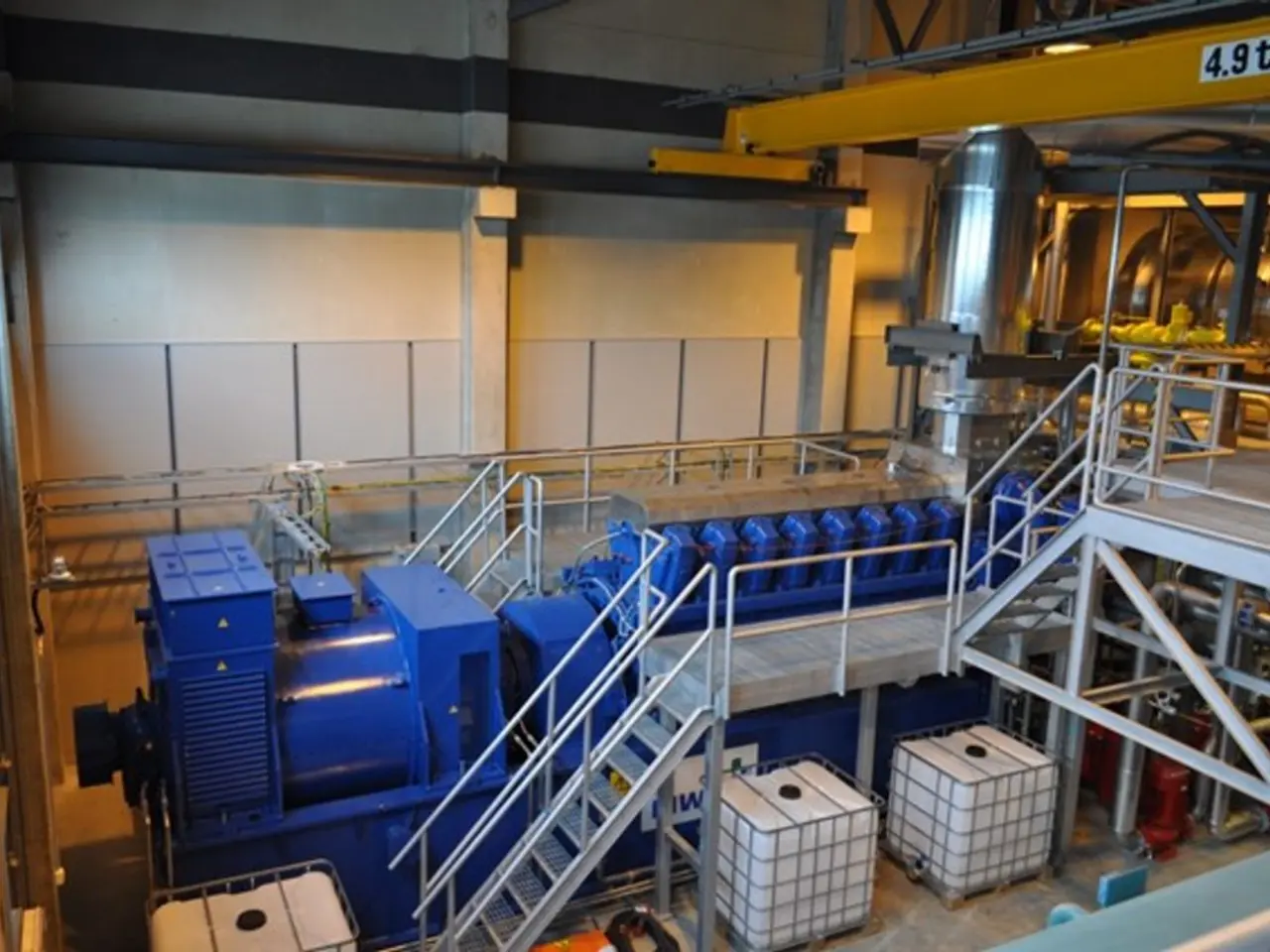'A cry for help': Delaware authorities implore SEPTA officials and Pennsylvania legislators to maintain rail service to Philadelphia, crucial for numerous residents.
Headline: Delaware Faces Potential Economic and Commuter Crisis as SEPTA Considers Eliminating Delaware Train Line
Delaware's economy and commuters are bracing for potential significant negative impacts if the Southeastern Pennsylvania Transportation Authority (SEPTA) decides to eliminate the train line connecting Newark and Philadelphia. The line, which serves communities in Wilmington, Philadelphia, and surrounding areas, is a crucial lifeline for thousands of commuters, students, and residents.
For Commuters
The loss of the Newark-Philadelphia rail link would likely force many commuters to shift from train to car travel, leading to approximately 275,000 additional vehicles on local roads in the Delaware Valley region, according to the Delaware Valley Regional Planning Commission. This would cause substantial traffic congestion, longer travel times, and increased transportation costs for commuters traveling to Philadelphia and points in between such as Stanton, Wilmington, and Claymont.
Economic Impacts
The rail line is described as a “lifeline” and “economic powerhouse” for the region. Its removal could disrupt access to jobs and commerce between Delaware and Pennsylvania, harming regional economic integration and growth. Local businesses may experience fewer customers and greater logistical challenges. Additionally, more traffic congestion could impose higher costs on freight and service industries.
Transit System Strain
SEPTA’s overall cuts, including this rail line elimination, are part of a broader funding crisis leading to a 20% service reduction and a 21.5% fare increase effective September 2025. This can reduce overall transit ridership and accessibility, potentially leading to a "transit death spiral" where declining service causes further declines in ridership and revenue.
Social and Environmental Effects
Reduced transit options disproportionately affect low-income and minority riders who depend heavily on public transportation. There may also be increased environmental impacts from more car use, such as higher emissions and pollution.
Current Situation
Delaware officials are in a "wait-and-see" mode regarding the potential funding for SEPTA. Delaware's two leading Republican senators, Minority Leader Gerald Hocker and Minority Whip Brian Pettyjohn, have sent a letter to their counterparts in Pennsylvania's Senate, expressing concern over the potential impact of cutting essential services. However, SEPTA's leadership is making "dollars and cents" decisions about how to sustain service, and all Delaware officials can do is monitor what's happening in Harrisburg.
The elimination of the Delaware train line could create even more barriers for people, potentially forcing them to rely on Amtrak or other expensive transportation options like buying a car or renting transportation. Ridership has been recovering, although it's still below pre-COVID-19 pandemic levels of five years ago. Delaware also pays Amtrak about $5 million a year so SEPTA can use its tracks.
In a bid to support the rail service, Delaware has recently completed a new $90 million project at the Claymont station near the Pennsylvania border that serves SEPTA trains. The average daily ridership of SEPTA trains in Delaware is approximately 1,300 people, and over the last decade, Delaware has spent $120 million to support rail service.
In a letter to SEPTA's board, Gov. Matt Meyer expressed concern over the proposed elimination of the Delaware train line, stating it would be disruptive to commuters and undercut the economies of both states. Officials are concerned that the elimination of the Delaware train line would be devastating for commuters, students, and residents in Wilmington, Philadelphia, and surrounding areas.
[1] Delaware Valley Regional Planning Commission, "Delaware Valley Regional Transportation Plan" (2021). [2] Transportation for America, "Transit Death Spiral: How Service Cuts Lead to Declining Ridership and Revenue" (2019). [3] Urban Institute, "Transit Fare Increases and Service Cuts: Understanding the Impact" (2018). [4] SEPTA, "SEPTA Proposes 20% Service Reduction and 21.5% Fare Increase" (2022). [5] Delaware Business Now, "Delaware Businesses Fear Economic Impact of SEPTA Cuts" (2022).
- The potential elimination of the Delaware train line can further exacerbate financial disparities as it may force commuters to invest in expensive transportation alternatives, such as buying a car or renting transportation.
- The removal of the rail line would not only impact the transportation sector but also influence the regional economy, potentially affecting finance, politics, and general-news by disrupting access to jobs, commerce, and regional economic integration.




